There are 27 Marine Stewardship Council (MSC) certified tuna fisheries in the western and central Pacific Ocean (WCPO), as well as an additional 5 fisheries currently seeking MSC certification, representing over two million tonnes of certified and potentially certified tuna within the supply chain each year; or 73% of the global production of MSC-certified tuna. These certifications are at high risk of suspension from the MSC program: a situation clearly illustrated in a recent factsheet published by the MSC.
As you can imagine, these fisheries are of significant importance to companies who have made sustainable seafood commitments. The Global Tuna Alliance (GTA), a precompetitive collaboration of retailers, suppliers, wholesalers and brands with a major interest in improving the sustainability of the tuna sector, alone bought 1.27m tonnes of tuna, worth over USD $1.3bn, in 2020.
To stay certified, these fisheries must have robust harvest strategies and harvest control rules as part of their management system. The tuna fisheries in the WCPO are managed by a regional fishery management organisation, or RFMO, called the Western & Central Pacific Fisheries Commission (WCPFC). Currently the WCPFC does not have these measures in place.
However, the WCPFC committed to developing harvest strategies for key stocks or fisheries in 2014, but seven years later, has yet to deliver.
To accelerate progress, a forum is needed for communication and exchange among scientists, managers, and stakeholders to move toward harvest strategy adoption. This type of dialogue group is critical to success of the harvest strategy approach and other tunas RFMOs have already formed similar working groups to advance their harvest strategies development process.
For four years in a row, the WCPFC’s Scientific Committee has recommended creating the scientist-manager dialogue working group. In 2018, the Commission even developed Terms of Reference for the group (See Attachment 2) but could not agree on when to hold the meeting.
The WCPFC has come very close to establishing a so-called science-management dialogue (SMD) at its annual meeting. However, there has been a disagreement on when the group would meet. Most parties want it to be held adjacent to the annual Scientific Committee meeting in August, whereas the European Union, United States and Taiwan had requested that it be held adjacent to the annual meeting in December, if a physical meeting is held.
An August meeting would provide time for all delegations to digest any recommendations to the annual meeting in December. If the meeting were to be held adjacent the annual meeting, managers’ attention may be diverted by the pending negotiations and many delegations come to the annual meeting with fixed national positions.
It is extremely frustrating that this group is not being held due to a disagreement on dates. At the upcoming WCPFC meeting we hope we can see common sense prevail with all delegates championing the formation of the SMD group and agreeing to convening it in August, adjacent to the Scientific Committee meeting, at least for a trial basis in 2022.
Dr Tom Pickerell is Executive Director of the Global Tuna Alliance (GTA)
